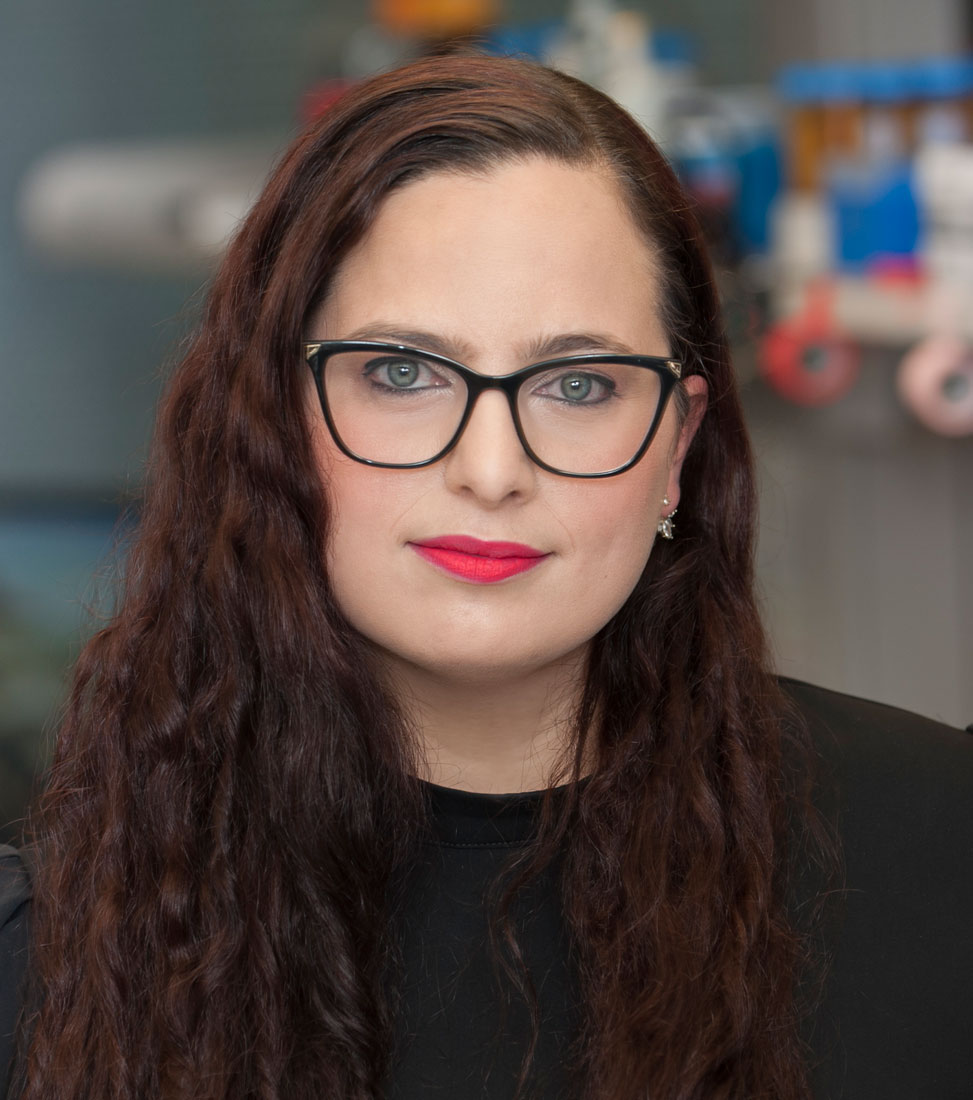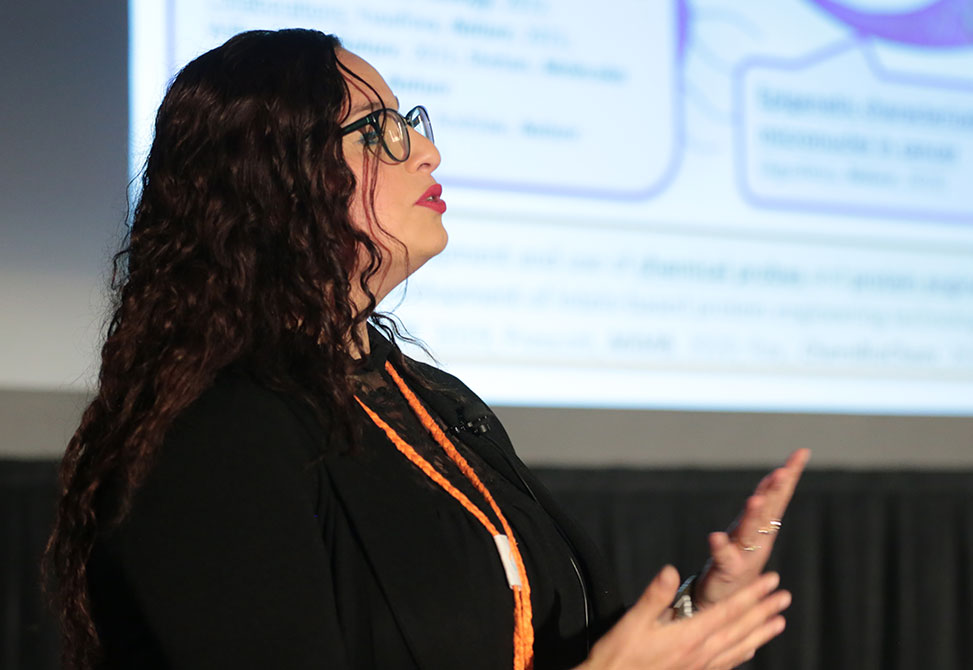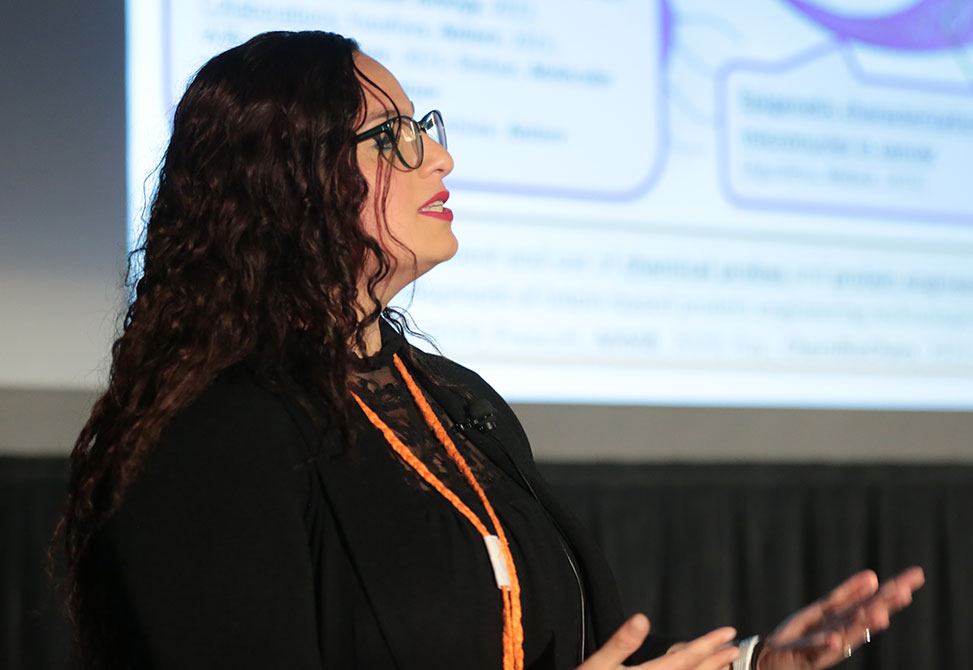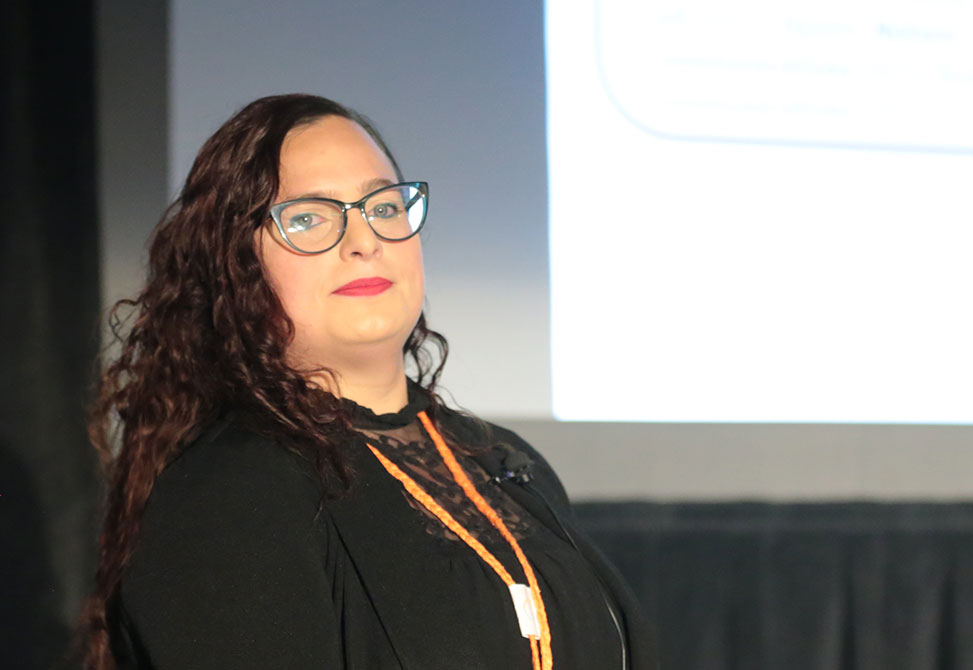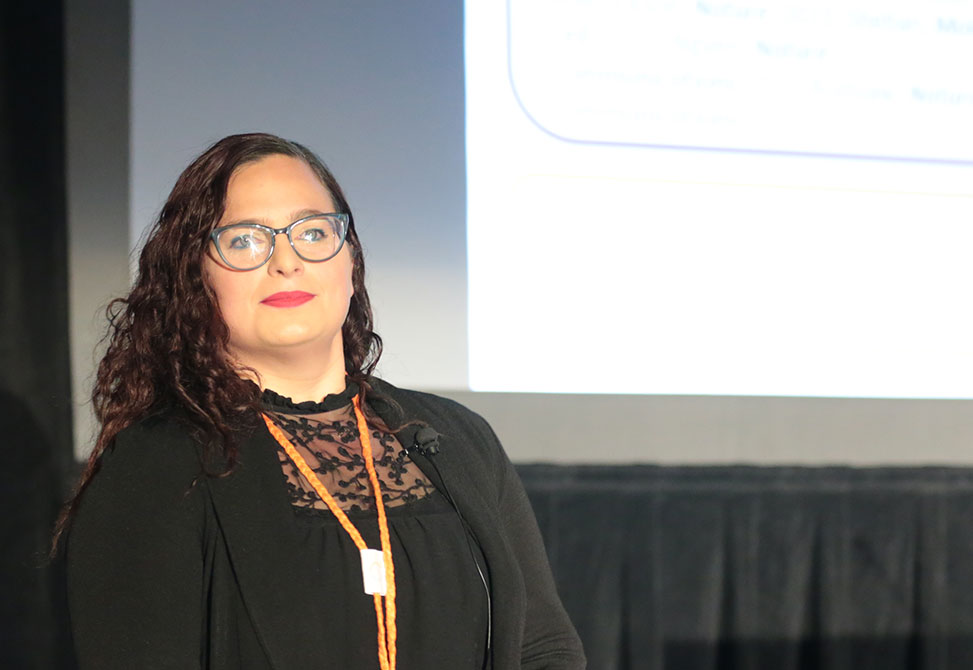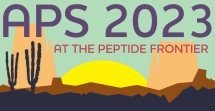Yael David
Sloan Kettering Institute
Talk Title
Uncovering Cancer-Associated Epigenetic Events Using Novel Chemical Tools
Presentation Time
SESSION 2: PROTEIN MODIFICATIONS FOR ENABLING BIOLOGY
Sunday, June 25, 2023, at 11:15 am - 11:40 am
Cellular proteins continuously undergo non-enzymatic covalent modifications, NECMs, which alter protein structure, function, stability and binding-partner affinity. These chemical modifications accumulate under normal physiological conditions but can also be stimulated by various changes in the cellular environment, such as redox state and metabolite concentration. The half-life of histones is among the longest in the cellular proteome, making them prime targets for NECMs. In addition, histones have emerged as key regulators of transcription, acting primarily through post-translational modification to their disordered N-terminal regions, which are rich in lysines and arginines.
Indeed, we have recently shown that non-enzymatic glycation is a pathophysiological modification that specifically accumulates on histones in metabolically abrogated cells such as cancer tumors. We further showed that histone glycation disrupts regulatory post-translational modifications, PTMs, acetylation, methylation, et cetera, as well as chromatin architecture.
Finally, we identified several potent regulators of histone glycation in vitro and in cells and defined them as new therapeutic targets. In my talk I will describe how we used both small-molecule probes and novel peptides to characterize histones glycation, their effect on the epigenetic landscape as well as the enzymes we revealed to regulate them, presenting a new and direct link between metabolism and cell fate.
Research efforts in the David lab apply core techniques in chemical biology, biochemistry, and cell biology to address fundamental questions in the epigenetic regulation of transcription. Epigenetic regulation relies on the dynamic modification of the two building blocks of chromatin: DNA and histone packaging proteins, to establish and maintain cell identity and fate. We develop and utilize chemical methods to synthesize site-specifically modified histones in vitro and in vivo and study the roles that these modifications play in disease states, with the ultimate goal of targeting them for therapeutics.
